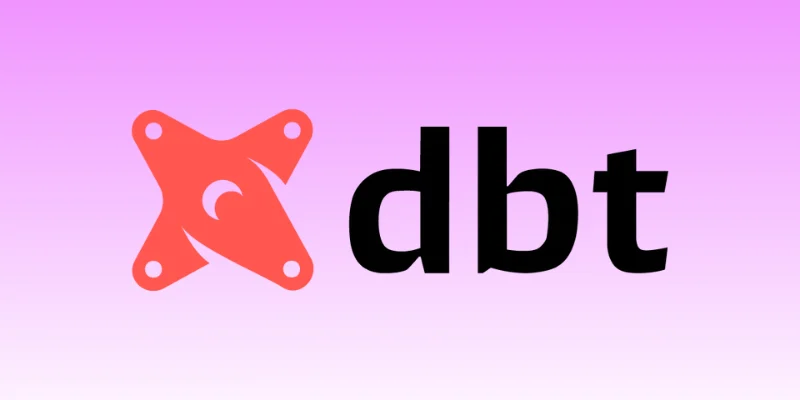
In data analytics, transforming raw data into clean, organized, and meaningful datasets is a critical step. dbt, short for Data Build Tool, is a modern analytics engineering tool that helps analysts and data teams build robust data transformation workflows. If you work with SQL and want more control, transparency, and scalability in your data pipelines, dbt is a valuable tool to learn. For those looking to build a strong foundation in analytics and gain hands-on experience with tools like dbt, enrolling in a Data Analyst Course in Mumbai at FITA Academy can be an excellent way to grow these skills and advance your career.
What is DBT?
DBT is an open-source command-line tool designed to help data analysts and engineers in transforming data within the warehouse by utilizing version-controlled SQL scripts. It allows teams to create modular, reusable SQL models that are easy to test, document, and deploy. Unlike traditional ETL tools, dbt focuses only on the “Transform” part of the data pipeline, assuming your data is already loaded into a warehouse like BigQuery, Snowflake, Redshift, or Databricks.
For data analysts, dbt provides a framework to structure queries efficiently, track changes over time, and collaborate better with teammates using software engineering best practices.
Why DBT Matters for Analysts
As analytics becomes more central to business decision-making, the need for clean and trustworthy data is more important than ever. dbt bridges the gap between data engineering and data analysis by empowering analysts to own the transformation layer. If you’re eager to gain practical skills and deepen your understanding of tools like dbt, joining a Data Analytics Course in Salem can provide the hands-on training needed to succeed in today’s data-driven world.
Here are a few key reasons why dbt is beneficial:
- SQL-Based: dbt is designed for analysts who are already comfortable with SQL. There is no need to learn a new programming language.
- Version Control: dbt integrates well with Git, making it easier to track changes, collaborate with teams, and review code.
- Documentation and Testing: dbt allows you to document datasets and build tests to ensure data quality, which improves the reliability of reports and dashboards.
- Modularity: Instead of writing long and repetitive queries, you can break transformations into reusable models that build on each other. This leads to cleaner, more maintainable analytics workflows.
How dbt Fits into the Modern Data Stack
In modern data architecture, data is often collected through tools like Fivetran or Stitch and then loaded into cloud data warehouses. Once the data is in the warehouse, dbt takes over to transform it into well-structured tables that power dashboards, machine learning models, and business reports. To master these modern data tools and techniques, signing up for a Data Analytics Course in Hyderabad can assist you with the skills needed to build efficient data pipelines and drive impactful insights.
For example, you might receive raw sales data with inconsistent naming or missing fields. Using dbt, you can clean, join, and aggregate this data in a structured way, so that business users can access clean metrics in tools like Looker, Power BI, or Tableau.
Getting Started with DBT
To begin using dbt, all you need is a basic understanding of SQL and access to your data warehouse. You can start small by building one or two models, then gradually expand as you become comfortable with the tool. The learning curve is manageable, and the return on investment is high for any analyst working in a modern data environment.
DBT is transforming how data analysts work by providing them with a clear framework to manage, document, and test data transformations. It empowers analysts to take greater ownership of the analytics workflow and ensures that the data used for decision-making is accurate and well-organized. If you’re working in data analytics and want to build scalable, production-ready data pipelines, dbt is a tool worth exploring. For those looking to develop these skills further, enrolling in a Data Analyst Course in Pune can help you gain practical knowledge and advance your career in this field.
Also check: Top 5 Programming Languages for Data Analysis
